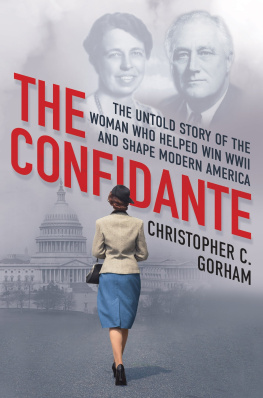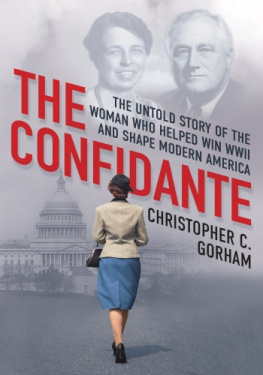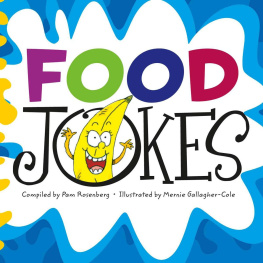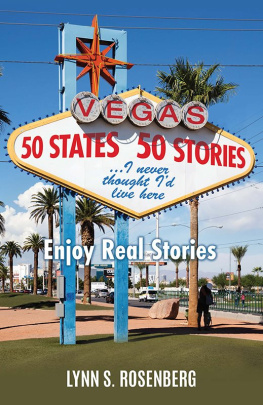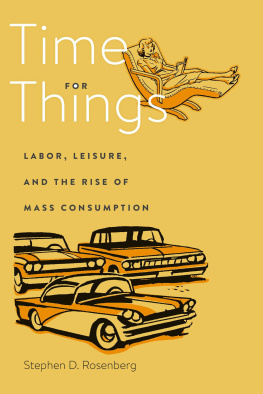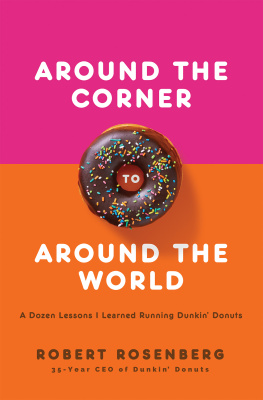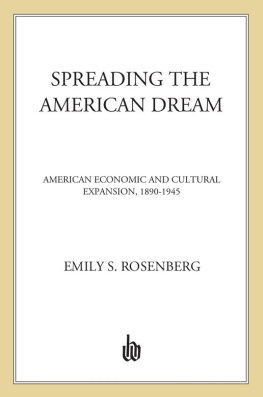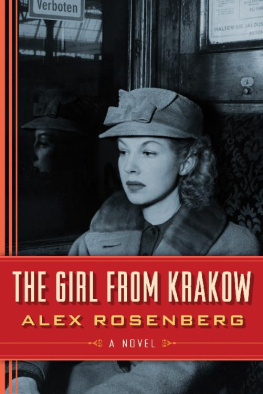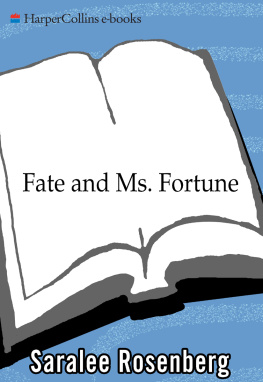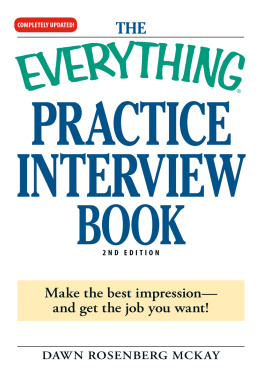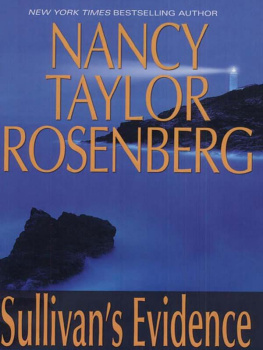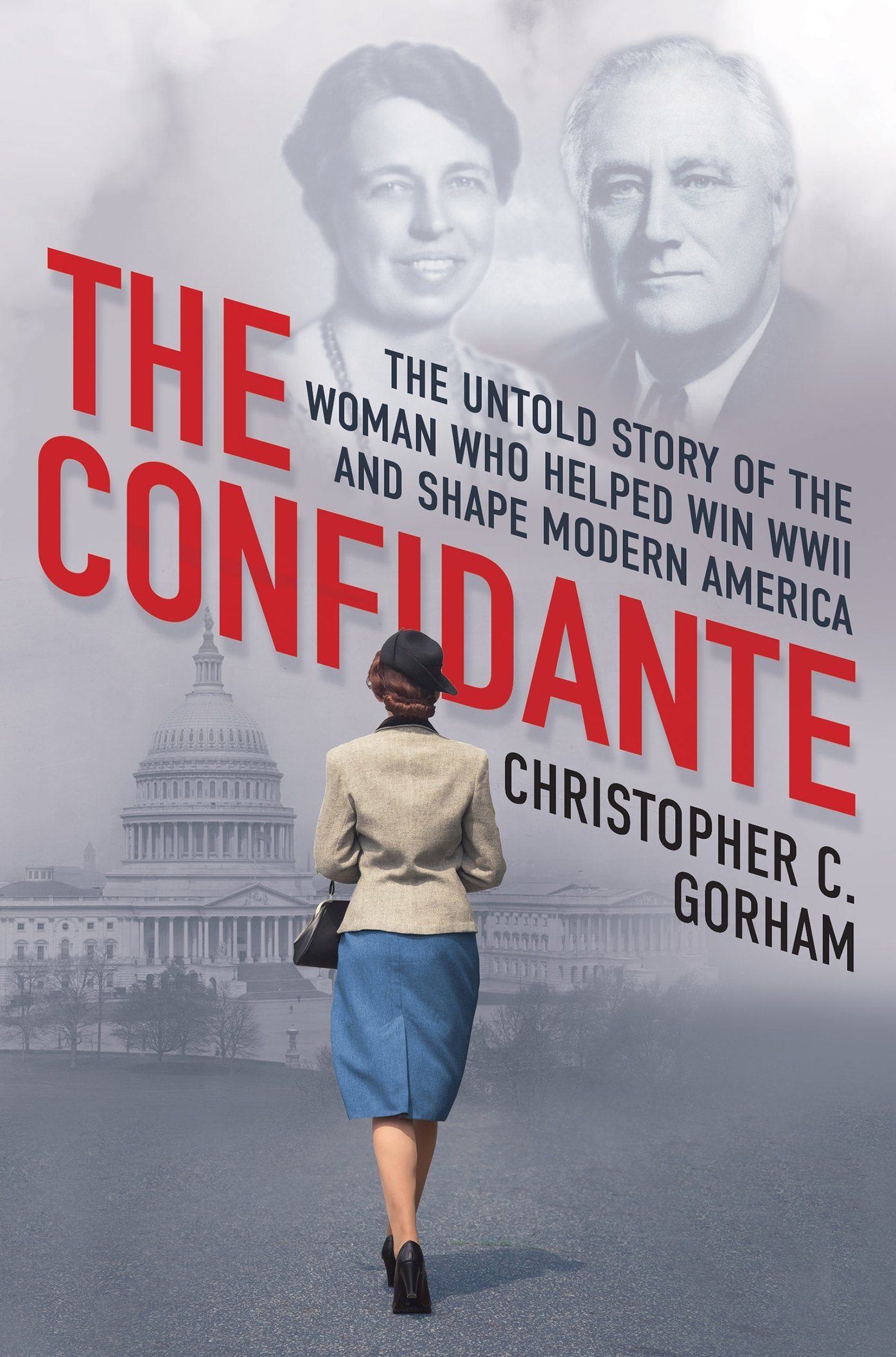Acknowledgments
M uch of this book was written during the worldwide COVID-19 pandemic, when safety protocols at libraries meant they were closed entirely or partially before reopening (and closing and reopening again). It was only due to the extraordinary efforts of archivists and library professionals that my research was allowed to progress on schedule. My sincere thanks to Sarah Hutcheon, Jennifer Fauxsmith, Diana Carey, and Laurie Ellis of Harvard Universitys Radcliffe Institute of Advanced Studies; Director Paul Sparrow and Patrick Fahy of the Franklin D. Roosevelt Presidential Library in Hyde Park, New York; Melissa Davis, Director of Library and Archives at the George C. Marshall Foundation in Lexington, Virginia; and the archivists at the Harry S. Truman Presidential Library, as well as those at the presidential libraries of Dwight D. Eisenhower, John F. Kennedy, and Lyndon B. Johnson. This book would not have been possible without the Boston Public Library Interlibrary Loan specialists, who consistently delivered hard-to-find material. My thanks to Nora Dolliver of the New York Public Library and to the staff of Columbia Universitys Oral History Project. I owe thanks also to Kira Thompson, Local History Librarian of the Poughkeepsie Public Library District; to Megan and Rick Prelinger, who operate a fine library in San Francisco; and to Christin Monaghan and Suzanne Harde of the Zaccheus Wright Memorial Library at Westford Academy in Westford, Massachusetts.
I am fortunate to work with an agent as patient and insightful as John Rudolph of Dystel, Goderich & Bourret LLC. Without him, I would not have been welcomed into the family at Kensington/Citadel. There, the project was in the good hands of editor in chief Michaela Hamilton, editor Liz May, copy editor Barbara Wild, production editor Sherry Wasserman, and the book design and publicity teams.
I thank those who gave their time for interviews. Owen Blicksilver and Cleotha Gibbs both shared marvelous memories of what it was like to work with and to know Mrs. Rosenberg. Her grandson, Thomas P. Rosenberg, spoke movingly of the time he spent with her and made it possible to imagine Annas beautiful home and gardens in Katonah. My thanks to Robert Kaprielian, Korean-era Army veteran and pillar of Watertown, Massachusetts. Through Bob, I was able to meet and to discuss my book with Andrew Rudalevige, Chair of the Department of Government and Legal Studies at Bowdoin College. I was also honored by the time given to me by Andrew Kersten, Dean of the College of Arts and Sciences at the University of MissouriSt. Louis, in discussing labor issues during World War II. Missy LeHands biographer, Kathryn Smith, was invaluable.
My gratitude to those who read early chapters and drafts: Judy Fox, Mark Chesak, Don Hayes, Colleen OBrien, Eric Lausch, Will Reeves, and especially Randy Baidas, whose support of my endeavors goes back very far indeed. I owe thanks to Michael Amundson of PBS Nova for consulting on the details of filming for television, and filmmaker John MacGibbon, for his book trailer. Thanks to Steven Cohen, Senior Lecturer at Tufts University, and to my colleagues at Westford Academy, both in and out of the History Department, who provided encouragement throughout the project, particularly Stephen Scully, Adam Ingano, and Jack Holbrook. Further thanks are due to authors Nancy Werlin, Heather Dune Macadam, and most of all Stephen Puleo, whose enthusiastic feedback on my very first pitch was the spark that ignited Anna Rosenbergs return to the historical discussion.
I am obliged to the more than one thousand students Ive had the pleasure of getting to know in my Modern American History course; engaging teenagers at 7:35 in the morning requires storytelling chops, so to the extent I have succeeded in bringing this remarkable woman back to life, it is because of them. In particular, I shall always be grateful to Breila OMalley, whose interest in learning more about Anna Rosenberg led us to her papers at Schlesinger Library. Thanks also to the sisters MacKenzie (I hope one day to pick up a book by Lauren M.), Alexandra Ryan, Cristina Haraty, Julia Craffey, and Sophia Sloan, whose love of books was a great benefit to the one you are holding.
The encouragement of family during the writing of this book nourished me. My heartfelt thanks to Gregory and Judy Gorham, who supported me in their time of personal loss; to Phil Hayes and to Nancy and Glen Traylor. No ones support meant more than that of my wife, Elizabeth, my first reader. Her keen eye and insight were invaluable. Over many, many dinner conversations, she helped me realize what this story could become.
This book is dedicated to her.
EPILOGUE
THE LAST NEW DEALER
I n the years and decades after World War II, the men and women who guided the nation through Depression and war began to leave the scene. It is not an overstatement to say that the efforts of Roosevelts New Dealers saved democracy by winning the war, and preserved capitalism by championing policies that elevated millions of Americans into the middle class.
The last reunion of the old New Dealers took place on June 25, 1975. That evening the men and women who had followed Franklin Roosevelts buoyant leadership met at the City University of New York. Over a dinner of poached sole and roast leg of veal with mushrooms and wine sauce, the old gang reminisced. Averell Harriman recalled the dark days of 1933: Ten cents an hour was the order of the day and people had nothing to eat. Another remembered the quarter-million marchers in the National Recovery Administration parade. Former Mayor of New York Robert F. Wagner, Jr., boasted, My father was one of the architects of the New Deal. Arthur Schlesinger, Jr., made toast after toast, and Anna Rosenberg shared her story of wearing a black hat to the White House after Pearl Harbor. They were all immensely proud of being part of those dramatic days, and they missed their leader: Franklin Delano Roosevelt, whose smile had meant as much as a meal to struggling Americans. In times of crisis, the presidents eldest son said, America would find someone like FDR, to put us back on the road to the future.
In the last decade of her life, Anna Rosenberg Hoffman worked to keep the ideals of the Roosevelt era alive. After Paul died in 1974, she was an executive for the Eleanor Roosevelt Institute, and she coordinated efforts to see FDR memorialized on the National Mall.
Despite her frailty following treatments for lung cancer, in early spring of 1983 Anna asked Mr. Gibbs to drive her to Katonah. It was a glorious late-spring day. After Mr. Gibbs had settled into his apartment, Anna called him to the kitchen: the rose garden beckoned. Mr. Gibbs linked his arm with hers as he helped her through the fragrant corridor of red, pink, and white flowers. He held her by the elbow as she paused to gingerly pinch a pale green stem or caress a newly bloomed petal. Step after step, they walked slowly and in silence, feeling the heat of the sun. The soft breeze that rustled the rosebushes carried with it a melody from the Spanish Courtyard at Caramoor; it was a piece by Brahms.

